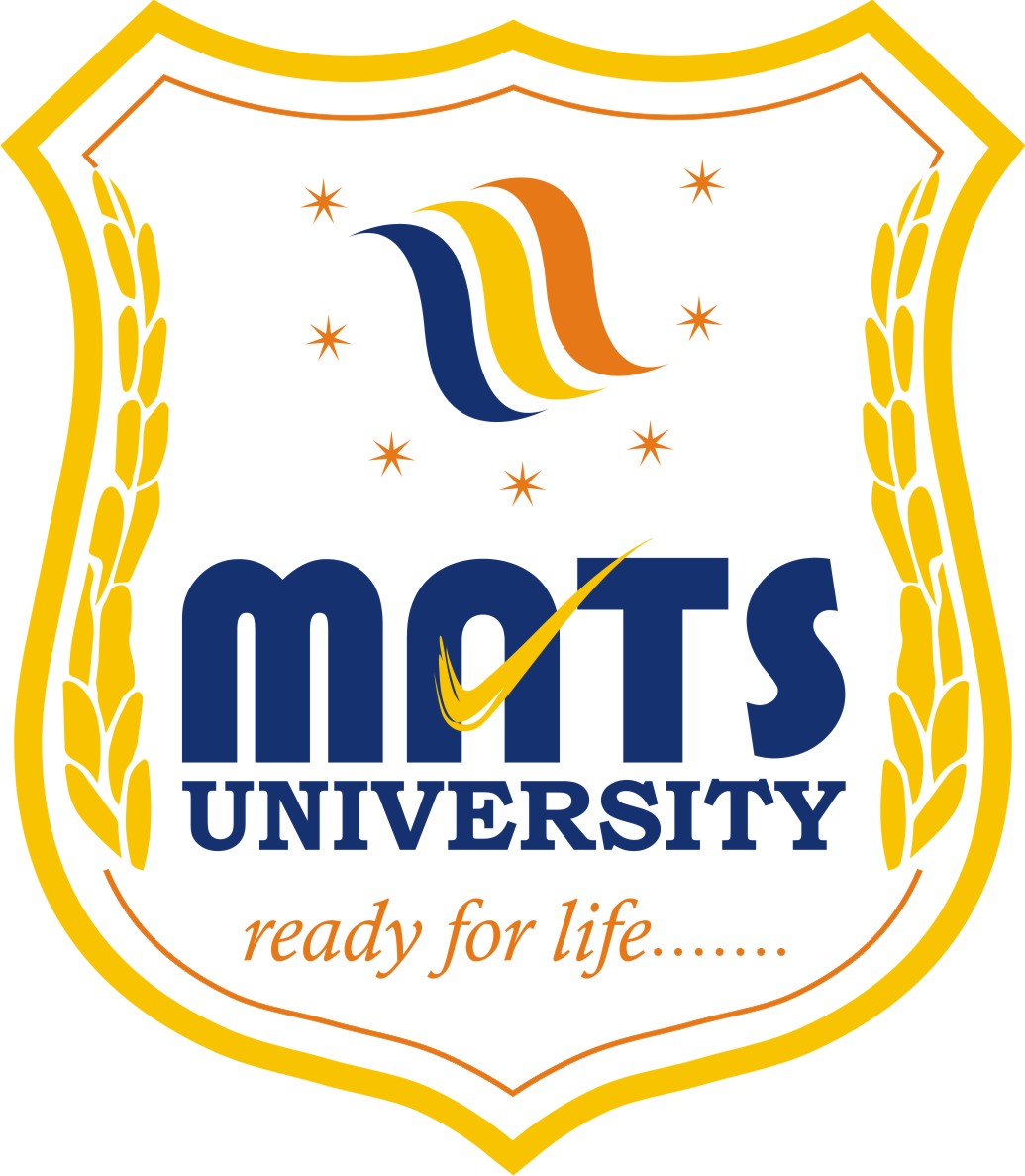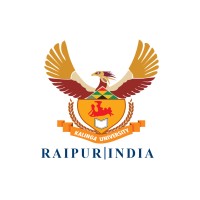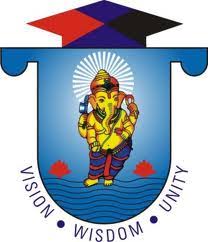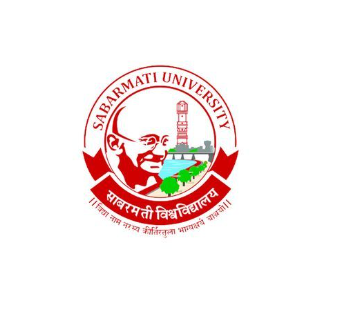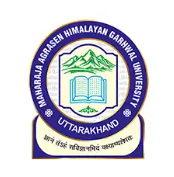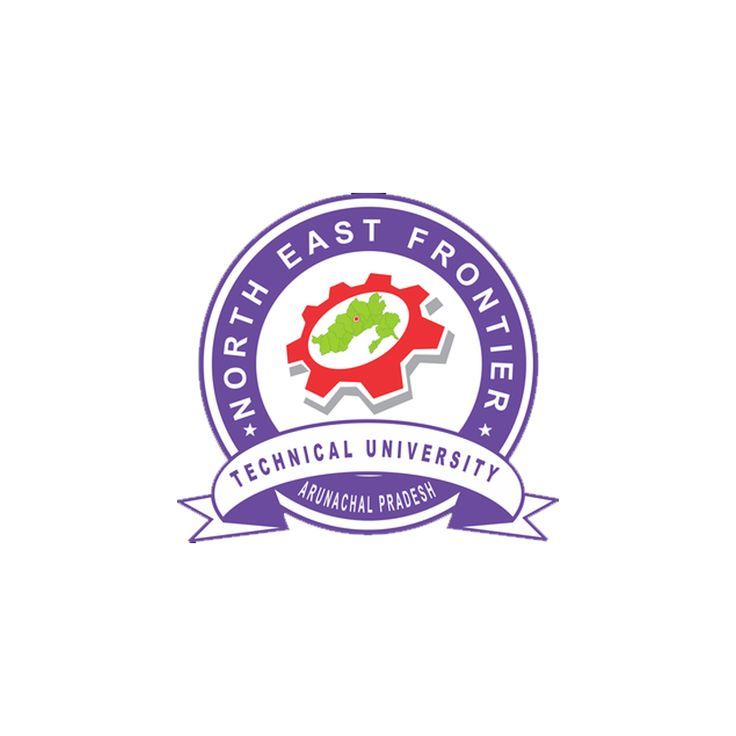Nursery and Primary Teachers Training Course Admission 2024-25 - Shikshaglobe

Nursery and Primary Teachers Training
Yoga Teacher Training
Yoga Teacher Training Develop the chops to educate yoga asana, gaining a solid grounding in the classical yogic tradition, at the same time consolidate your spiritual connection to yoga and open yourself to profound inner metamorphosis.
The Preceptors ’ Training Course( TTC) is a four- week ferocious domestic course, grounded on the ancient gurukula system of India where schoolteacher and pupil live together. You'll be in a traditional Vihara and nearly interact with our educated and devoted preceptors and staff who themselves are immersed in the yogic life. Connect to an ancient tutoring lineage( practitioner parampara), passed down from practitioner to convert through thousands of times, the class is expansive and covers both proposition and practice. Spiritual practices, traditional to India, are an integral part of the Course.
In these four- weeks you'll establish a firm foundation of discipline that promotes physical, internal, emotional, and spiritual growth while erecting a strong base from which to educate others naturally and with confidence.
The Course was designed by Swami Vishnudevananda in 1969 with the vision to not only develop successful yoga professionals but to also spread peace in the world through them. A sincere desire to learn and openness to yogic ways is needed – a introductory knowledge of yoga postures and gospel is preferred, but not essential.
Read More: Post Graduate Diploma in Preschool Teacher Education
The Importance of Nursery and Primary Teachers Training
in Today's World
Building Strong Foundations for Learning
Nursery and primary teachers training programs are designed
to equip educators with the fundamental skills required to foster the
intellectual, social, and emotional development of young learners. These
training programs emphasize the importance of creating a nurturing and
stimulating learning environment that encourages exploration, curiosity, and
critical thinking.
Understanding Developmental Psychology
An essential aspect of nursery and primary teachers training
is gaining a deep understanding of developmental psychology. This knowledge
enables teachers to tailor their instructional approaches based on the age and
individual needs of their students. By recognizing and addressing the unique
characteristics and challenges of each developmental stage, trained teachers
can create effective learning experiences that promote holistic growth.
Effective Classroom Management
Classroom management skills are vital for teachers to
maintain an organized and conducive learning environment. Nursery and primary
teachers training programs provide strategies and techniques for managing
student behavior, establishing routines, and fostering positive relationships.
By mastering these skills, teachers can create an atmosphere that maximizes
student engagement and learning outcomes.
Exploring Different Types of Nursery and Primary Teachers
Training
Certificate Programs
Certificate programs offer a focused and concise approach to
nursery and primary teachers training. These programs typically cover essential
teaching methodologies, child psychology, and classroom management techniques.
Certificate programs are ideal for individuals who are looking to enter the
teaching profession or for experienced teachers seeking to enhance their skills
in specific areas.
Diploma Programs
Diploma programs in nursery and primary teachers training
provide a more comprehensive curriculum that delves deeper into educational
theory, pedagogy, and curriculum development. These programs equip teachers
with advanced skills and knowledge necessary to address diverse learning needs
and effectively plan and implement instructional strategies.
Degree Programs
Degree programs, such as Bachelor's or Master's degrees in Education, offer a comprehensive and well-rounded approach to nursery and primary teachers training. These programs provide a deep understanding of educational theories, research methodologies, and curriculum design. Graduates from degree programs are equipped with a solid foundation to excel as educators and have increased opportunities for career advancement.
Learn More: Post Graduate Diploma in Early Intervention
Benefits of Pursuing Nursery and Primary Teachers
Training
Enhanced Teaching Skills
One of the significant benefits of nursery and primary
teachers training is the development of enhanced teaching skills. Through
training, educators acquire effective instructional techniques, gain knowledge
of innovative teaching methods, and learn how to differentiate instruction to
meet the needs of diverse learners. This leads to improved student engagement,
higher academic achievement, and a more fulfilling teaching experience.
Professional Networking and Collaboration
Teachers who undergo nursery and primary teachers training
have the opportunity to network and collaborate with fellow educators. This
networking facilitates the sharing of best practices, innovative teaching
strategies, and resources. Collaboration among teachers enhances professional growth
and fosters a supportive community that continually seeks to improve
educational practices.
Increased Career Opportunities
Completing nursery and primary teachers training opens up a
wide range of career opportunities for educators. With specialized training,
teachers can pursue leadership roles, such as curriculum coordinators,
educational consultants, or school administrators. Additionally, trained
teachers are in high demand in international schools, private institutions, and
specialized educational programs.
How Nursery and Primary Teachers Training Enhance
Professional Development
Reflective Teaching Practices
Nursery and primary teachers training encourages educators
to engage in reflective teaching practices. Through self-reflection and
assessment, teachers can identify their strengths and areas for improvement.
This continuous professional development helps them refine their instructional
approaches, incorporate new teaching methodologies, and adapt to changing
educational trends.
Research-Informed Instruction
Training programs emphasize the importance of evidence-based
practices in teaching. Educators are encouraged to stay updated with the latest
research in the field of education and incorporate research findings into their
instructional strategies. By embracing research-informed instruction, teachers
can provide high-quality education that aligns with the best practices in the
field.
Continuous Learning and Growth
Nursery and primary teachers training instills a passion for
lifelong learning in educators. Teachers are encouraged to pursue ongoing
professional development opportunities, attend workshops and conferences, and
engage in collaborative learning communities. This commitment to continuous
learning enables teachers to stay abreast of emerging trends, refine their
skills, and provide the best possible education to their students.
The Role of Nursery and Primary Teachers Training in
Career Advancement
Professional Recognition
Completing nursery and primary teachers training programs
enhances the professional status of educators. Many educational institutions
and employers prioritize candidates with formal training and qualifications in
their hiring processes. Accredited training programs provide educators with
credentials that validate their expertise, increasing their employability and
opportunities for career advancement.
Leadership Opportunities
Nursery and primary teachers training equips educators with the knowledge and skills necessary to take on leadership roles within educational institutions. Teachers with specialized training can assume positions such as department heads, curriculum developers, or instructional coaches. These leadership opportunities allow educators to influence educational policies, shape curriculum development, and mentor other teachers.
Read Also: Post Graduate Diploma in Primary Teachers Training
Higher Earning Potential
Trained teachers often have higher earning potential
compared to those without formal training. Educational institutions recognize
the value of qualified and skilled educators and are willing to provide
competitive compensation packages to attract and retain them. Additionally,
teachers with specialized training may qualify for higher pay scales or receive
incentives based on their qualifications and experience.
Choosing the Right Education Course for Your Goals
When selecting a nursery and primary teachers training
course, it is crucial to consider your career goals and aspirations. Factors to
consider include the curriculum, program duration, mode of delivery (online or
traditional), accreditation, and the reputation of the institution offering the
course. Conducting thorough research and seeking recommendations from
experienced educators can help you make an informed decision.
Online vs. Traditional Nursery and Primary Teachers
Training: Pros and Cons
Online Training
Pros
- Flexibility:
Online training allows educators to study at their own pace and
convenience, fitting their studies around their personal and professional
commitments.
- Accessibility:
Online courses remove geographical barriers, enabling teachers to access
training programs offered by institutions around the world.
- Cost-Effective:
Online courses often have lower tuition fees and eliminate expenses
associated with commuting or relocating.
Cons
- Limited
Face-to-Face Interaction: Online training may lack the face-to-face
interaction and immediate feedback that traditional classroom settings
offer.
- Self-Motivation
and Discipline: Online learners must be self-motivated and disciplined to
manage their time effectively and complete coursework on schedule.
- Technological
Requirements: Online courses require access to a reliable internet
connection and appropriate technology.
Traditional Training
Pros
- Personalized
Guidance: Traditional training programs often provide more personalized
guidance and mentorship opportunities through direct interaction with
instructors and peers.
- Immediate
Feedback: Classroom-based training allows for real-time feedback and
clarification of concepts through discussions and group activities.
- Networking
Opportunities: Traditional training facilitates networking and
collaboration among educators within the same cohort or institution.
Cons
- Time
Constraints: Traditional training may require a fixed schedule, which can
be challenging for educators with busy professional and personal lives.
- Geographic
Limitations: Traditional training programs may not be accessible to
educators who live in remote areas or cannot relocate.
- Higher
Costs: Traditional training programs may have higher tuition fees, and
additional expenses like commuting and accommodation can increase the
overall cost.
The Future of Nursery and Primary Teachers Training:
Trends and Innovations
Nursery and primary teachers training is continuously
evolving to keep pace with the changing educational landscape. Some emerging
trends and innovations in the field include:
- Integration
of Technology: Training programs are incorporating technology tools and
platforms to enhance teaching and learning experiences.
- Blended
Learning Approaches: Combining online and face-to-face training methods
allows for a more flexible and personalized learning experience.
- Emphasis
on Inclusion and Diversity: Training programs are placing greater emphasis
on inclusive practices that address the needs of diverse learners.
- Social-Emotional
Learning: Educators are being trained to promote social-emotional skills
and create supportive classroom environments.
- Data-Driven Instruction: Training programs are equipping teachers with the skills to analyze data and use it to inform instructional decisions.
Continue Reading: Post Graduate Diploma in School Administration
The Impact of Nursery and Primary Teachers Training on
Student Success
Quality nursery and primary teachers training has a
significant impact on student success. Trained teachers possess the knowledge
and skills to create engaging and effective learning experiences that cater to
diverse learning needs. A well-trained teacher can inspire and motivate
students, instill a love for learning, and nurture their overall development.
The impact of nursery and primary teachers training extends beyond academic
achievements and influences students' personal growth, social skills, and future
success.
Addressing the Challenges of Nursery and Primary Teachers
Training and Finding Solutions
Nursery and primary teachers training faces various
challenges, including:
Limited Resources
Many educational institutions and aspiring teachers face
constraints in terms of funding and access to training resources. To address
this challenge, governments, organizations, and institutions should increase
investment in teacher training programs, offer scholarships, and provide
subsidized or free training opportunities.
Keeping Pace with Technological Advancements
The rapid advancement of technology poses a challenge for
nursery and primary teachers training. To overcome this, training programs need
to integrate technology in their curriculum, provide teachers with training on
digital tools and platforms, and foster a culture of continuous learning and
adaptability.
Adapting to Diverse Learner Needs
Today's classrooms are diverse, with students from different
cultural backgrounds, abilities, and learning styles. Teachers need to be
equipped with strategies and methodologies that cater to these diverse learner
needs. Nursery and primary teachers training should emphasize inclusive
practices, cultural competence, and differentiation strategies.
Understanding the Pedagogy and Methodology of Nursery and
Primary Teachers Training
Nursery and primary teachers training programs encompass a
range of pedagogical and methodological approaches to enhance teaching effectiveness.
Some key pedagogical aspects covered in these programs include:
Constructivist Approaches
Constructivist approaches focus on engaging learners
actively in the construction of their knowledge. Teachers are trained to
facilitate learning experiences that encourage inquiry, problem-solving, and
collaboration, enabling students to construct meaning and connect new knowledge
with their prior experiences.
Differentiated Instruction
Differentiated instruction is a key methodology covered in
nursery and primary teachers training. It involves tailoring instruction to
meet the diverse needs and abilities of students. Trained teachers learn how to
adapt content, teaching strategies, and assessments to ensure all students have
equal opportunities to succeed.
Active Learning Strategies
Nursery and primary teachers training promotes the use of active learning strategies that encourage students' participation and engagement. Trained teachers learn to incorporate cooperative learning, hands-on activities, discussions, and project-based learning to foster a dynamic and interactive learning environment.
Explore: Ntt Course Admission
The Global Perspective: Nursery and Primary Teachers
Training Around the World
Nursery and primary teachers training programs exist
worldwide, each influenced by local educational systems and cultural contexts.
While the specific structures and requirements may vary, the underlying goal
remains the same: to prepare educators to provide quality education to young
learners. Many countries have established rigorous accreditation processes and
quality standards to ensure the effectiveness of these training programs.
Nursery and Primary Teachers Training for Lifelong
Learning and Personal Growth
Nursery and primary teachers training not only focuses on
professional development but also promotes personal growth and lifelong
learning. Educators who undergo training experience personal transformation,
gaining a deeper understanding of themselves as individuals and professionals.
This self-reflection and continuous learning contribute to their overall
well-being and fulfillment in their teaching careers.
Funding and Scholarships for Nursery and Primary Teachers
Training
To support aspiring educators in pursuing nursery and
primary teachers training, various funding opportunities and scholarships are
available. These include government-funded initiatives, scholarships offered by
educational institutions, and grants from private organizations. Prospective
teachers should research and explore these options to find financial assistance
that can help them access quality training programs.
Case Studies: Success Stories from Education Course
Graduates
Transforming Classroom Practices
Mary Thompson, a graduate of a nursery and primary teachers
training program, transformed her classroom practices after completing the
course. She incorporated innovative teaching methods, such as project-based
learning and collaborative activities, resulting in increased student
engagement and improved learning outcomes.
Advancing in Educational Leadership
John Davis, after completing a master's degree in education with a specialization in nursery and primary teachers training, advanced his career in educational leadership. He assumed the role of a curriculum coordinator, where he developed and implemented a comprehensive curriculum framework that positively impacted student achievement across the district.
Instrument
Graduates of the course admit internationally recognised instrument. Pukka by the worldwide Yoga Alliance for the 200 hours standard for Registered Yoga Seminaries( RYS).
Pre-requisites
Introductory knowledge of yoga postures and gospel is helpful but not essential.
A high degree of tone- provocation and discipline is needed for all aspects of the course.
To insure the success of the programme, actors are needed to attend all spiritual conditioning, satsangs, lectures and asana classes.
Ashram Guidelines
Meat, fish, eggs, black tea, coffee, alcohol, tobacco, medicines and bareness are banned during the course as they're ineffective to the yoga practice.
Scholars are needed to wear their livery for both satsangs and all lecture classes. For asana class a modest dress- law is followed.
Submissive refections grounded on original cookery is handed. It isn't possible to feed to particular salutary preferences.
Attendance at all conditioning is obligatory.
Actors who don't misbehave with the Vihara rules may be dismissed from the course.
Free Day
Each week there's one day free of lectures. During this day scholars are needed to attend morning and evening satsang.
During free time, scholars can explore the Ashram’s vicinity or join our occasional day passages to places of interest.
Changes in the programme may do from time to time.


